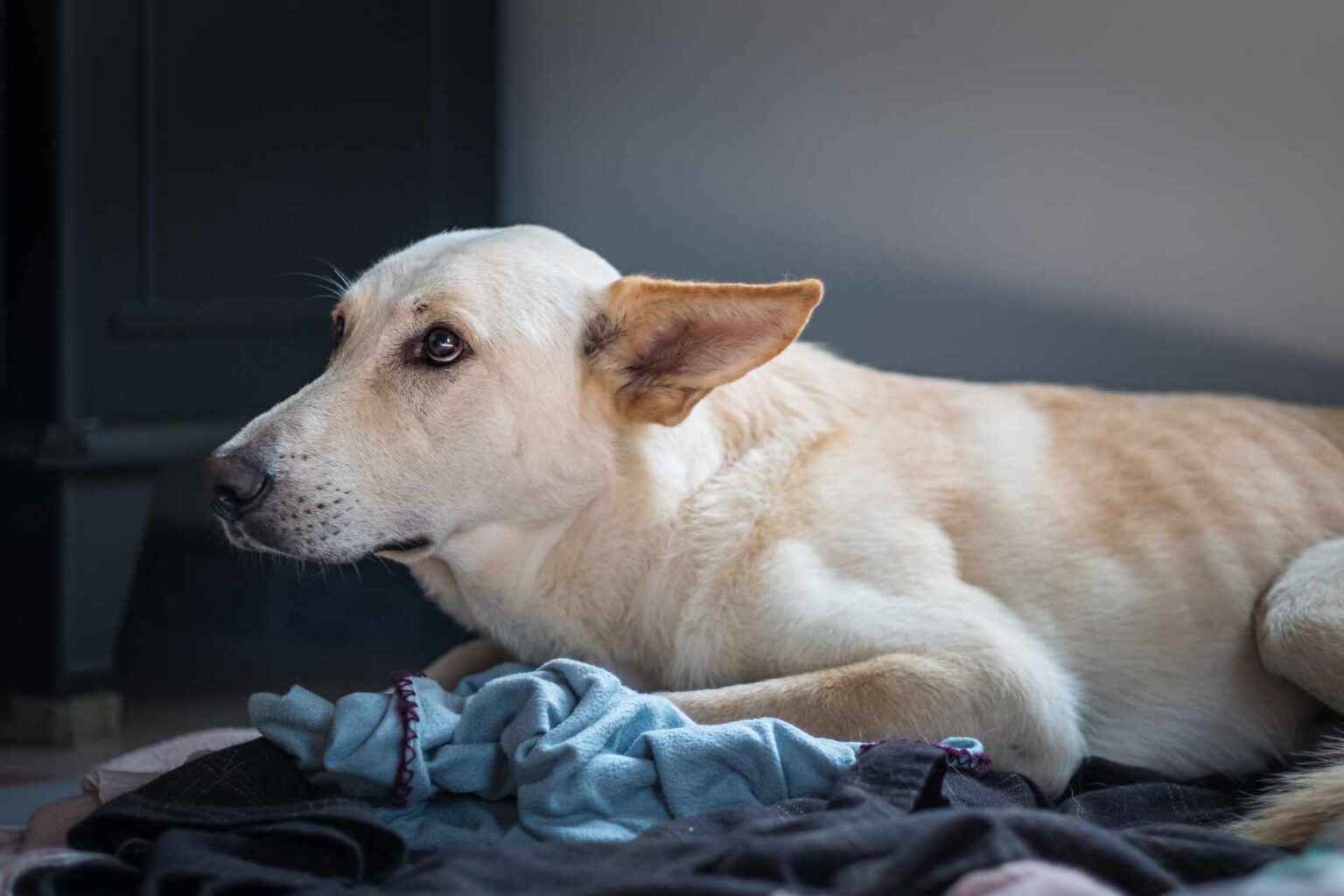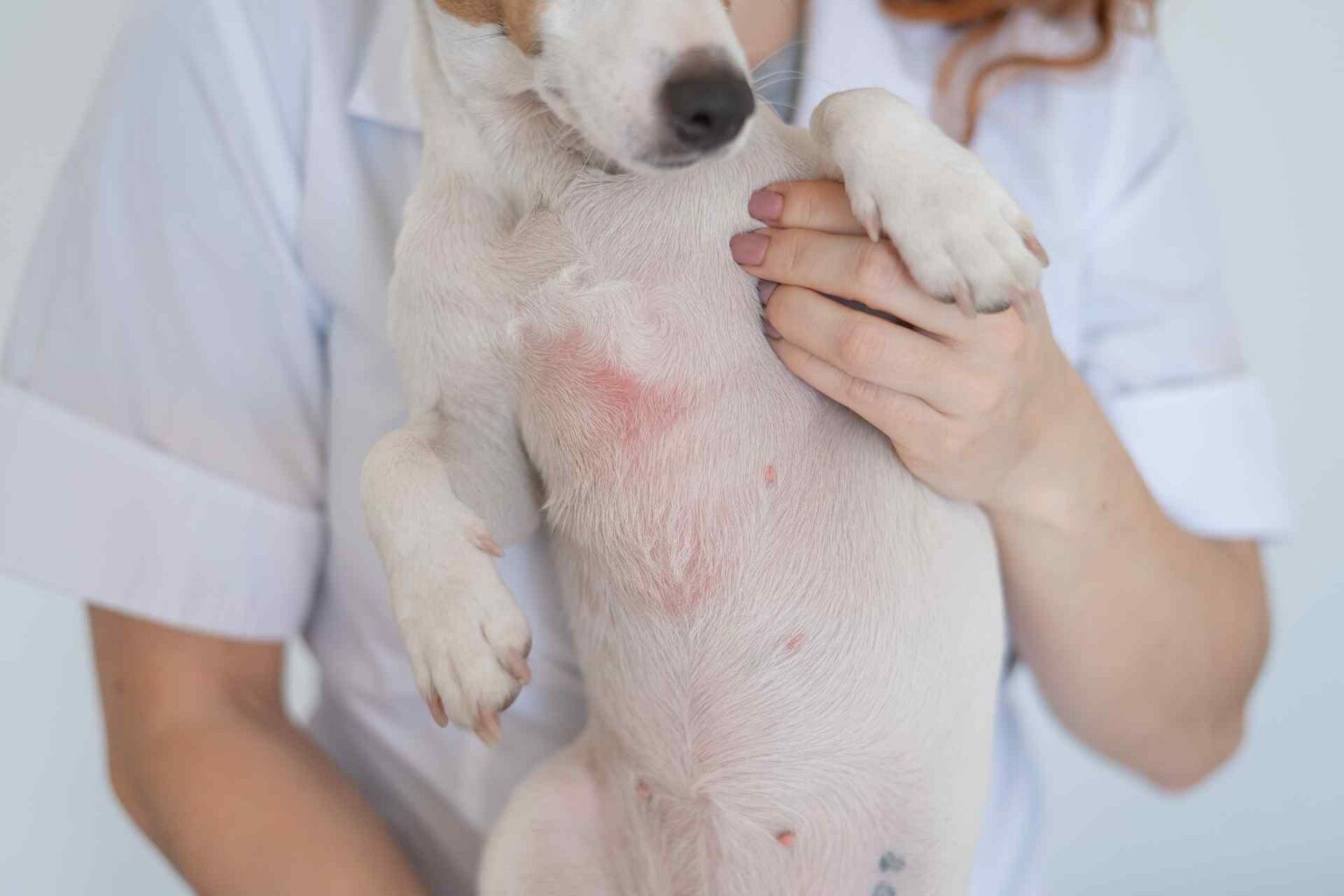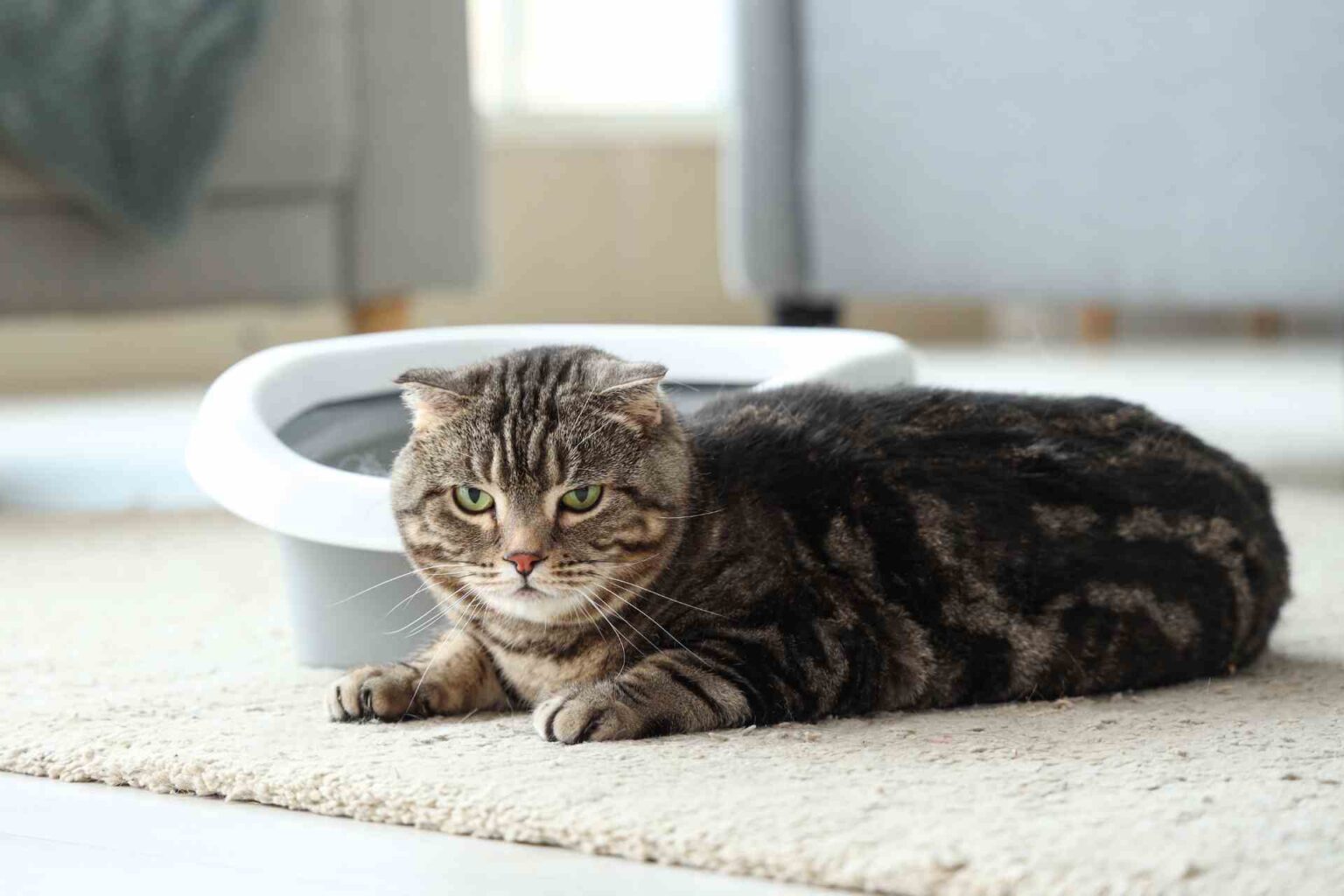We know everything, or almost everything, about the human and dog microbiota. At the very least, although there are still many questions, research in these two areas is running as fast as a train.
What about the cats? Domestic felines also have health conditions associated with imbalances (dysbiosis) in the composition of gut bacteria, such as inflammatory bowel disease (IBD), lymphoma, diabetes, periodontal disease, and atopic dermatitis.
No one, however, had set out to taxonomically define a dataset on the healthy fecal microbiome of domestic cats. At least so far.
The Kitty Microbiome Project
The University of California analyzed the fecal microbial communities of 161 North American domestic cats fed different types of commercial diets to deepen understanding of the range of variation found in a population of apparently healthy cats.
In addition, they analyzed whether differences in fecal microbial communities were significantly associated with the individual’s age, diet and living environment.
Thirty major bacterial genera were identified. Prevotella, Bacteroides, Collinsella, Blautia, and Megasphaera were the most abundant, while Bacteroides, Blautia, Lachnoclostridium, Sutterella, and Ruminococcus gnavus were the most widespread.
While the composition of the community remained relatively stable across age classes, the number of major taxa present decreased significantly with age.
Microbiota and diet
The kibble-fed cats had a slightly higher, but significant, number of “core taxa” than the non-kibble-fed cats.
The baseline microorganisms of raw-fed cats contained taxa that were not as prevalent or abundant as those of kibble-fed cats.
Cats living in homes differ significantly from those living in shelters and have a larger portion of their microbiomes represented by major taxa.
Conclusions
Although some effects of age and FIV status on the composition of the fecal microbiome were found, the host’s diet and living environment were the most influential factors. Therefore, it is shown that the fecal microbiome of the “healthy” cat does not have a unique or average appearance, but rather is represented by a diversity of compositions that depend on host characteristics and lifestyle.
Reference
Ganz, H.H.; Jospin, G.; Rojas, C.A.; Martin, A.L.; Dahlhausen, K.; Kingsbury, D.D.; Osborne, C.X.; Entrolezo, Z.; Redner, S.; Ramirez, B.; et al. The Kitty Microbiome Project: Defining the Healthy Fecal “Core Microbiome” in Pet Domestic Cats. Vet. Sci. 2022, 9, 635. https://doi.org/10.3390/vetsci9110635











